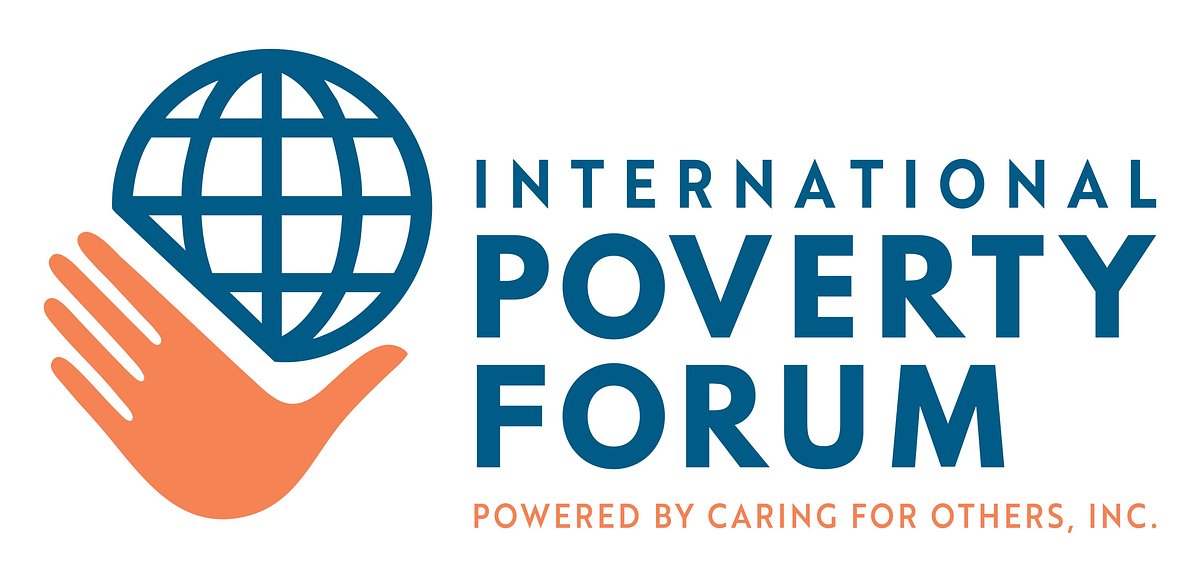
Dignity in Disaster: Aid Group Prioritizes New Goods for Jamaica Relief
Following Hurricane Melissa, the International Poverty Forum is sending a major aid shipment to Jamaica—but with a key difference: everything is new. This approach, prioritizing dignity and efficiency, is reshaping disaster relief.
Dignity in Disaster: Aid Group Prioritizes New Goods for Jamaica Relief
NEW YORK, NY – November 19, 2025
A Swift Response to Devastation
The International Poverty Forum (IPF), powered by Caring For Others, is rapidly deploying aid to Jamaica following the catastrophic impact of Hurricane Melissa. The Category 5 storm, which struck in late October, left a trail of destruction, displacing tens of thousands and causing billions of dollars in damage. The first of several planned containers, loaded with over 18,540 essential items, departed Atlanta on November 18th, destined for communities in southwestern Jamaica, where the storm’s impact was most severe. But this isn’t just about delivering supplies; it’s about how those supplies are delivered.
The IPF is taking a distinctly different approach to disaster relief: everything being sent is new. This decision, while potentially more costly upfront, reflects a growing movement within the humanitarian sector that prioritizes dignity and logistical efficiency.
Beyond Basic Needs: The Importance of Dignity
“After a disaster, people have lost everything,” says a source familiar with the IPF's operations. “They’ve lost their homes, their possessions, and often, their sense of self-worth. To receive used clothing or damaged goods can feel dehumanizing. Sending new items is a way of saying, ‘We see your worth, and we want to help you rebuild with dignity.’”
This philosophy is gaining traction among aid organizations. Traditionally, disaster relief efforts relied heavily on donated used goods. While well-intentioned, this approach often created more problems than it solved, leading to logistical nightmares, unsorted and inappropriate items overwhelming overwhelmed systems, and potential health risks. The IPF’s decision to focus solely on new items streamlines the process and ensures that aid recipients receive supplies that are safe, appropriate, and respectful.
“The sheer volume of unsolicited donations after a disaster can be crippling,” explains a disaster relief worker with experience in the Caribbean. “Sorting through mountains of used goods, determining what’s usable, cleaning it, and then distributing it is a massive undertaking. It takes away valuable time and resources that could be spent addressing more critical needs.”
Jamaica’s Recovery and the Role of Aid
The scale of devastation in Jamaica is immense. Hurricane Melissa caused widespread infrastructure damage, leaving hundreds of thousands without power, access to clean water, and essential services. The agricultural sector has been particularly hard hit, with preliminary losses exceeding $124.5 million. The storm’s impact on tourism, a vital component of the Jamaican economy, is also significant.
Associated Hanover Charities, a local Jamaican organization, is partnering with the IPF to distribute the aid. The organization has a long-standing commitment to community development and a strong track record of providing essential services to vulnerable populations. “Their local knowledge and established relationships are crucial to ensuring that the aid reaches those who need it most,” notes a source within the IPF.
The shipment includes essential items such as mattresses, bedding, hygiene kits, and clothing. The estimated retail value of the donation exceeds $900,000, providing a substantial boost to recovery efforts. Beyond the immediate relief, the IPF’s focus on new items addresses a critical need for psychological support. “Receiving something new, something that hasn't been discarded, sends a message of hope and resilience,” says a psychologist specializing in disaster trauma. “It can make a significant difference in helping people rebuild their lives.”
A Model for Future Disaster Response?
Caring For Others, the parent organization of the IPF, has consistently demonstrated financial stability and a commitment to transparency. With a 4-star rating from Charity Navigator, the organization is a trusted partner for donors and aid recipients alike. The IPF’s decision to prioritize new items aligns with a growing trend within the humanitarian sector towards more dignified and efficient disaster response.
“We’re moving away from the old model of simply collecting and shipping whatever people donate,” says a source familiar with Caring For Others’ strategy. “We’re focusing on providing targeted, high-quality assistance that meets the specific needs of affected communities and respects their dignity.”
While the cost of procuring new items may be higher upfront, advocates argue that the long-term benefits outweigh the costs. Streamlined logistics, reduced waste, and improved psychological well-being all contribute to a more effective and sustainable disaster response. As the frequency and intensity of extreme weather events continue to increase, the need for innovative and compassionate approaches to disaster relief is more critical than ever. The IPF’s commitment to dignity and efficiency may well serve as a model for future humanitarian efforts, demonstrating that true aid is about more than just meeting basic needs—it’s about restoring hope and empowering communities to rebuild their lives with dignity.
